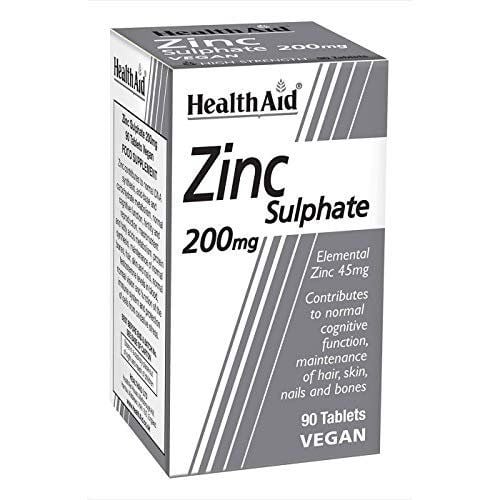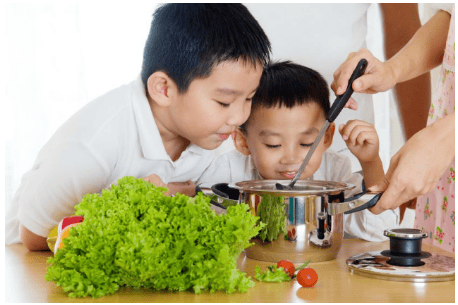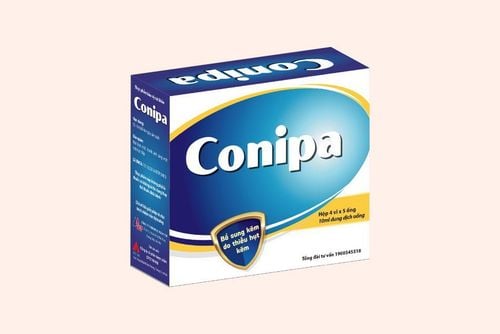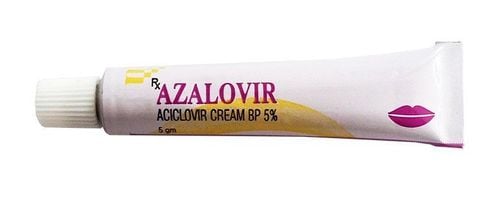This is an automatically translated article.
Can the food you feed your child every day reduce the risk of disease? Helping children eat well to increase resistance is not impossible. The healthy things in everyday foods, from yogurt to walnuts, can help strengthen a child's natural defenses, boosting the functioning of the immune system.
Dr. Leo A. Heitlinger, president of the American Academy of Pediatrics for Gastroenterology, Hepatology, and Nutrition, said: “We know that what you eat has a clear impact on your immunity. So whether you're looking to protect your baby from flu and cold or just want to keep them healthy year-round, food is a beneficial immune-boosting option. Not only for the baby to eat better, but also for the parents to protect the health of the child.
1. Foods for babies to eat delicious and strengthen immunity
Here is a list of delicious and immune-boosting baby foods that are easy to find:
Yogurt . Yogurt contains beneficial bacteria for the digestive tract called probiotics. Many people may already know that these microorganisms live in your gut and can improve the way your body digests and uses food. In addition, the beneficial bacteria in the gut are also important in helping the body fight disease. One study found that children who drank yogurt had a 19 percent lower risk of colds, ear infections, and strep throat. Which type of yogurt should you choose for your child? Heitlinger recommends looking for brands that say they contain live probiotics. "If the yoghurt splits when you open the lid and has some liquid on it, that's a good sign," he says. Milk yeast (kefir): This fermented drink also contains a lot of healthy probiotics. Although its taste may surprise many people at first, milk yeast is slowly gaining popularity in the US and many other countries. Jennifer McDaniel, a spokesperson for the Academy of Nutrition and Dietetics, says there's not much evidence yet for kefir, but early studies suggest it may help the system. immune system in humans, including young children Walnuts Walnuts are packed with healthy omega-3 fatty acids that are good for the body in many ways Experts believe omega-3s help the body fight off A small study found that omega-3s reduce the number of cases of respiratory infections in children.Walnuts are available in many different ways to make them more delicious, such as sprinkling them into a mixture. Snacks like yogurt or cereals Fruits and vegetables This is a food group that is no stranger to their health benefits.To help children's immune systems work more efficiently, McDaniel suggests. It is recommended to eat vegetables and fruits that are high in vitamin C, such as citrus fruits, strawberries, bell peppers, broccoli and sweet potatoes. Be sure about the amount of vitamin C you need to help treat colds and flu. However, adding a lot of green vegetables and fruits in the daily diet not only helps your baby eat better, but also brings many health benefits such as preventing constipation.

Trái cây và rau có thể giúp bé ăn ngon hơn và phòng ngừa táo bón
Lean. Many people may not think that a piece of pork will be able to strengthen the baby's disease-fighting system. But lean meat can actually help. First of all, they have protein, which is important for maintaining strength. Second, lean meat also contains zinc, which helps white blood cells fight infection. Zinc-rich foods: One of the important minerals that can help a child's immune system work properly is zinc. Zinc is found mainly from protein-rich foods. Oysters, seafood, red meat and poultry are good sources of zinc that parents can give their children. Legumes and seeds are also good sources of zinc, although not as high as in foods of animal origin. However, health organizations have also recommended that too much zinc can cause vomiting, decreased appetite, abdominal pain, diarrhea and headaches.
2. Some tips to help children eat well to strengthen their immunity
Choose a variety of healthy foods. Don't rush to worship the hottest superfoods these days, says McDaniel. Certain foods like berries or whole grains are said to work wonders. It may be healthy, but it won't be a cure-all. Instead, give your child a variety of vegetables, fruits, whole grains, and lean protein.
Feeding a baby a lot is not a better option. If kiwi fruit is considered a good food, that does not mean that children should eat as many kiwis as possible. Large doses of any food will not help. Once your child's body gets what it needs, the rest goes to waste. Overfeeding a baby is similar to pumping air into a full bottle.
Know your child's limits. Remember that no food can really prevent colds and flu. No food can cure them. Therefore, if the child is sick, parents should not blame themselves for not providing the child with a nutritious diet. Food should be provided for the baby to eat better, meet the energy needs and support the child to grow well. When the baby is sick, parents should take the baby to medical facilities for examination and advice.
Eat whole foods. Orange juice contains a lot of vitamin C, but your child is still better off eating oranges. Orange peel contains both vitamin C and many more nutrients. “Children will get more nutrients from whole foods than from just juice or supplements,” says McDaniel. There are a lot of healthy natural ingredients in food that we haven't isolated in pills or juices - or we don't even know about.

Cha mẹ chọn những loại thực phẩm lành mạnh góp phần giúp bé ăn ngon hơn
3. Strengthen children's immune system comprehensively
Healthy foods may not be the only way to keep kids healthy.
In fact, good sleep habits are also a necessity for children. Sleep is when the body rests, regenerates, and heals. It's an essential part of keeping our immune systems working as best they can.
Exercise is also important because physical activity can make your body elastic and more able to fight off infections. Make sure kids keep their bodies moving.
And one more way to keep kids healthy is to minimize stress and anxiety, especially in light of the ongoing pandemic and its undeniably effects on children. From anxiety about getting infected to the stress of being away from friends, this is a difficult time for children. Teaching children how to breathe deeply, meditate, and communicate can help find the source of anxiety and stress. Parents should take the time to talk with their children about ways they can work together to minimize any negative feelings they may be experiencing during these times.
In addition to dietary supplements, parents can give their children support foods containing vitamin B1 and essential micro-minerals such as zinc, lysine, chromium, selenium, ... to help fully meet their needs. nutritional needs in children. At the same time, these essential vitamins also support digestion, enhance nutrient absorption, help improve anorexia, and help children eat well.
>> Parents can learn more: Vitamin B1 deficiency: What parents need to know by Specialist Doctor I Le Tuyet Nga - Pediatrician - Vinmec Gardenia Clinic
Please visit Vinmec.com website often. and update useful information to take care of your baby and the whole family.













